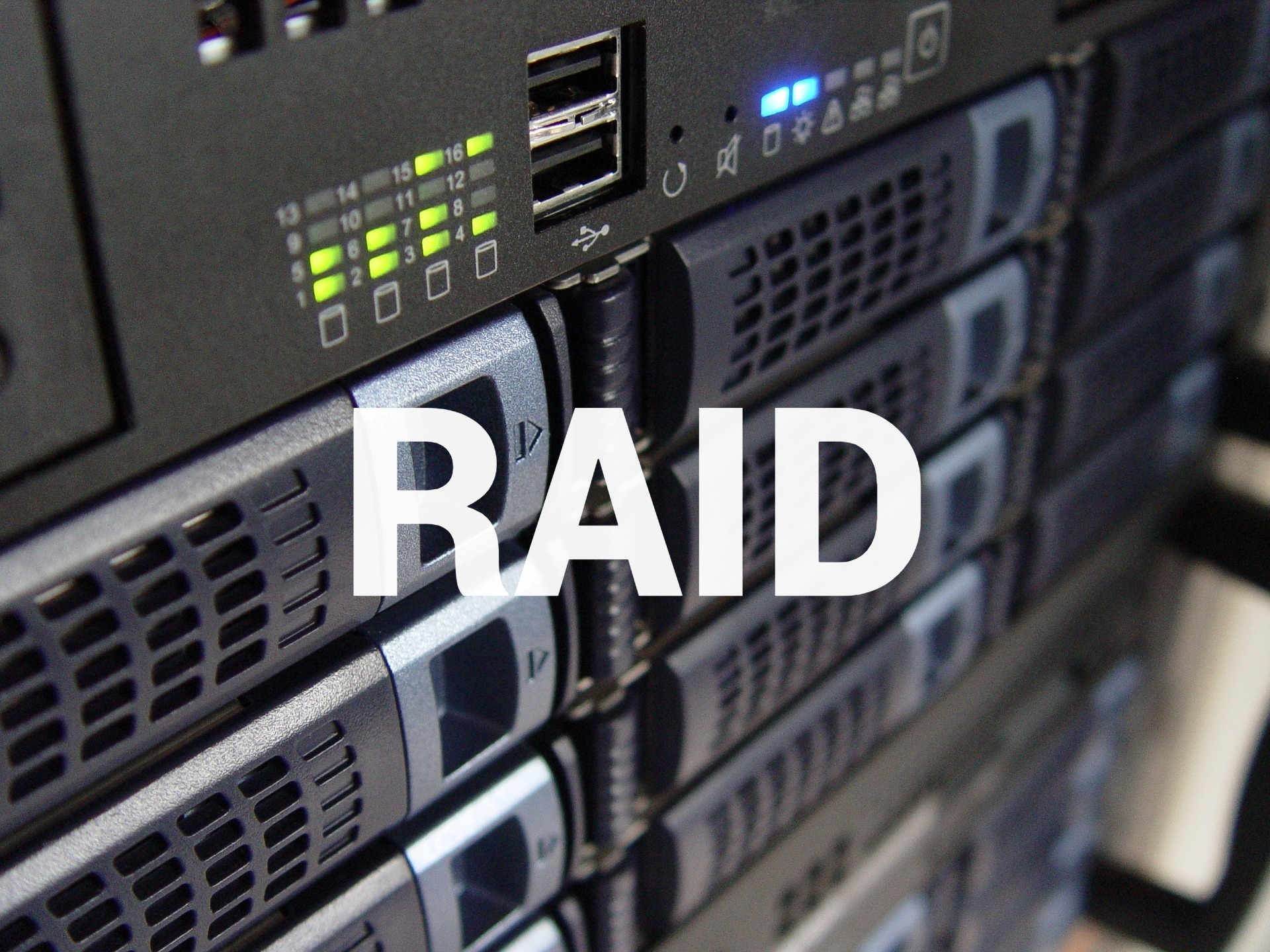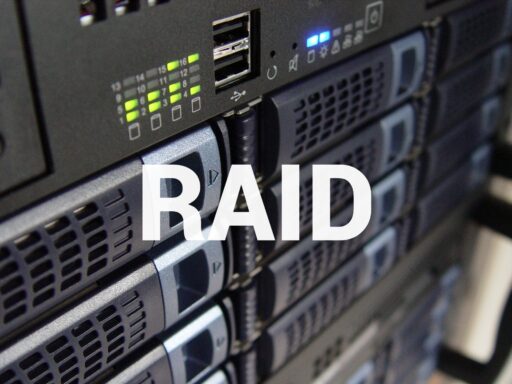
First, RAID is not a backup solution – always employ disaster recovery options.
I field queries about – RAID 1 (mirror) software versus hardware solutions from time to time. Both have their advantages and disadvantages. Some say adding a hardware RAID controller introduces another point of failure, but the most popular reason by far to use software RAID is cost. If you do go with hardware RAID, make sure that card is compatible with your motherboard.
With BIOS (basic input output system) RAID – you may encounter a few quirks.
Essentially, it’s a poor man’s version of software RAID. Motherboards do fail, so if yours gets fried, you’ll probably have to replace it with a similar board. Taking a mirrored drive to another system won’t work if that system can’t track the drive’s volumes.
Do you want – redundancy or performance?
Most of us would prefer both. I think software and hardware RAID solutions work fine for redundancy, but hardware RAID holds the advantage in performance, especially if your server is database intensive.
There are other perks to – hardware RAID solutions as well, like notification of specific drive failures.
Software RAID solutions typically have problems identifying bad drives, and normally do NOT support hot swaps. The most obvious drawback to software RAID is that it uses cycles from your CPU to manage the array, and while this isn’t quite so bad in RAID 1, it can significantly slow down your server in RAID solutions that involve striping with parity.
For those of you who use multiple operating system environments, hardware RAID is the way to go.
If you set up RAID using a specific operating system, only that operating system can (normally) access that array.
Software boot volume limitations – since the operating system has to be running to enable the array, (obviously) the operating system cannot boot from the array.
My recommendation – do what makes sense for your pocketbook and priorities.
Software RAID is definitely less expensive, but has performance drawbacks. Hardware RAID costs more, but is feature rich and generally worth the investment.
BROUGHT TO YOU BY PROLIMEHOST
We’ve been in the web hosting industry for over a decade, helping hundreds of clients succeed in what they do best and that’s running their business. We specialize in Virtual Private Servers (VPS) and dedicated servers, with data centers in Los Angeles, Denver & Singapore.
VPS SERVICES: LIGHTNING FAST SSD VIRTUAL SERVERS
Our Virtual Private Servers all feature high performance Xeon processors and SSD storage in a RAID10 configuration to optimize your server’s performance, which dramatically enhances visitor experiences on your site.
That speed is backed by unparalleled 24/7 support, featuring both outstanding response AND resolution times to maximize your uptime.
Now is the time to join the ProlimeHost virtual private server revolution.
DEDICATED SERVERS: BACKED BY A 99.9% SLA NETWORK UPTIME GUARANTEE
We only use enterprise-class hardware in our dedicated servers and offer a four (4) hour hardware replacement. Throw in IPMI for remote management, support for public and private networks, free operating system (OS) re-installs, and SATA, SAS & SSD (including NVMe) storage. Call 1-877-477-9454 or contact us. For everything from gaming servers to cheap dedicated servers, we’re here to help.
ASIA OPTIMIZED SERVERS: IMPROVING CONNECTION SPEED AND QUALITY
Procuring an Asia optimized server improves the connection speed and quality between the server and the users in Asia or China. This can reduce latency, packet loss, jitter, and bandwidth issues that can affect the performance and reliability of the server and the applications hosted on it. For more information, please call 1-877-477-9454 or contact us





